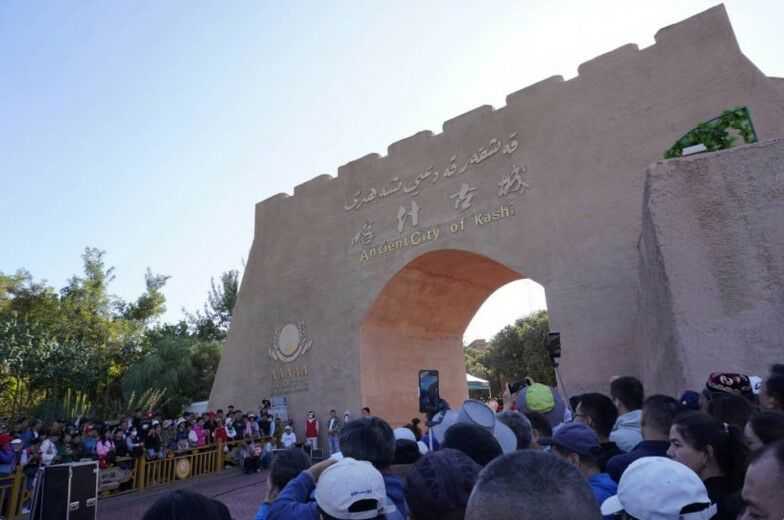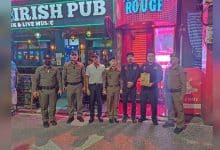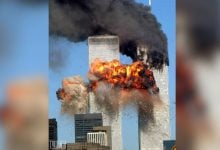Xinjiang violence: China soughts international media to counter claims

China has opened its doors to a number of international media organisations to showcase its claimed victory in quelling terrorism-related violence in its troubled region, Xinjiang. A senior journalist from Bangkok Post, Mongkol Bangprapa, who also presides over the Thai Journalists Association, was among the 22 guests invited. The delegates were predominantly from 17 countries involved in China’s Belt and Road Initiative (BRI), which included 17 Muslim journalists.
The foreign visitors, composed of representatives from the Middle East, Europe, North America, Australia, India, and Southeast Asia, embarked on a guided tour to Urumqi, Ili, and Kashgar. The tour, coordinated by the State Council Information Office of China, also included forums where the journalists could exchange views with Chinese researchers on Xinjiang.
Seminars with themes such as Protecting the Freedom of Religion by Muslims in Xinjiang, Cognitive Warfare or Journalistic Practice: Information Manipulation by Some Countries on Xinjiang Issues, and Fighting Terrorism and Extremism, were designed to spotlight Xinjiang’s transformation over the past seven years.
Known for its diverse population of over 10 million, including the Uighurs, one of the four largest ethnic groups in the autonomous region, Xinjiang has evolved from a violence-ridden area to a key economic hub. The Chinese hosts underscored the religious freedom in Xinjiang, pointing out improvements in education, healthcare, and housing welfare.
Chinese researcher, Zheng Liang, argued that the media has been manipulated to cast unfounded accusations against China regarding its handling of violence in Xinjiang. He played an audio clip of a statement by Lawrence Wilkerson, a retired army colonel and former US chief of staff to Colin Powell, former secretary of state, suggesting that the CIA would want to destabilise China by stirring unrest in Xinjiang, reported Bangkok Post.
Zheng also criticised the BBC’s coverage of Xinjiang’s past violence, alleging intentional distortion. He argued that BBC’s claim that its correspondent was ordered by Chinese police to halt filming around a factory suspected of Uighur forced labour was untrue. Instead, he suggested the police were security guards trying to enforce Covid-19 safety measures.
Clarifications
Moreover, he pointed out that the BBC had mistakenly identified Hong Kong actors, Donald Chow and Andy Lau, as Xinjiang police involved in Uighur abductions and killings.
Admitting to a reduction in violence in Xinjiang over the past seven years, Wang Jiang, a professor and associate dean at the Institute of China’s Borderland Studies, Zhejiang Normal University, said that it was partially due to measures implemented to combat Covid-19.
These included border closures lasting over three years and tight internet controls that thwarted external attempts to incite violence online.
Follow more of The Thaiger’s latest stories on our new Facebook page HERE.
Latest Thailand News
Follow The Thaiger on Google News:


























